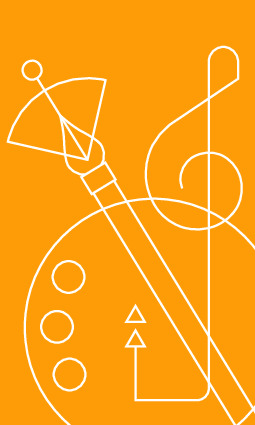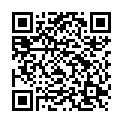|
|
|
| Module code: MAKM-305 |
|
|
4V (4 hours per week) |
|
6 |
| Semester: 3 |
| Mandatory course: no |
Language of instruction:
German |
Assessment:
Project work
[updated 24.09.2020]
|
Exam recurrence:
The information regarding exam recurrence is found within the exam policy of the study programme (ASPO).
|
MAKM-305 (P430-0032) Cultural Management, Master, ASPO 01.04.2020
, semester 3, optional course
|
60 class hours (= 45 clock hours) over a 15-week period.
The total student study time is 180 hours (equivalent to 6 ECTS credits).
There are therefore 135 hours available for class preparation and follow-up work and exam preparation.
|
Recommended prerequisites (modules):
MAKM-210 Cultural Marketing and Communications Policy
[updated 28.05.2025]
|
Recommended as prerequisite for:
|
Module coordinator:
Prof. Dr. Jörg Abbing |
Lecturer:
Prof. Dr. Nicole Schwarz
Prof. Dr. Jörg Abbing
[updated 28.05.2025]
|
Learning outcomes:
After successfully completing this module, students will:
_ be able to compose broadcast texts for the campus radio project and, if necessary, present them themselves
_ know how to be proactive in the field of marketing and how to promote the art of radio
_ be able to work independently on revising existing campus radio broadcasting formats
_ be able to present the campus radio station to the public in a communicative way
_ be able to compile surveys to improve the quality of the radio program and incorporate these surveys into the concept of the various broadcasting formats
_ have mastered and the technical prerequisites for Internet radio
_ be able to work independently on smaller marketing issues in the form of case studies from practical experience using the theoretical knowledge acquired in the module
[updated 24.09.2020]
|
Module content:
_ Marketing strategies for operating Internet radio stations
_ Ideas for structuring and creating consumer-oriented broadcasting formats for a streaming service
_ Language competence coaching
_ Methodical implementation of communication strategies for classical music and jazz
_ Creation of regional magazine contributions, regional event scanning
_ Basics of radio marketing
[updated 24.09.2020]
|
Teaching methods/Media:
Project work, team colloquia and individual work in the 3klang campus radio studio at the htw saar
[updated 24.09.2020]
|
Recommended or required reading:
_ Webers, J. (2007): Handbuch der Tonstudiotechnik: Analoges und digitales Audio Recording bei Fernsehen, Film und Rundfunk. Poing: Franzis.
_ Föllmer, G. und Thiermann, S. (Hg., 2006): Relating Radio. Communities. Aesthetics. Access. Beiträge zur Zukunft des Radios. Leipzig: spector books.
_ Geißler, F. (1997): Neue Musik und Medien. Altenburg: Kamprad.
_ Riegler, T. (2014): Internetradio: Grenzenlose Programmvielfalt. Baden-Baden: vth-Verlag.
_ Hellmann, K. (2001): Internetradio: Marktstrukturen und Unternehmensstrategien. Norderstedt: Diplomica-Verlag.
[updated 24.09.2020]
|


